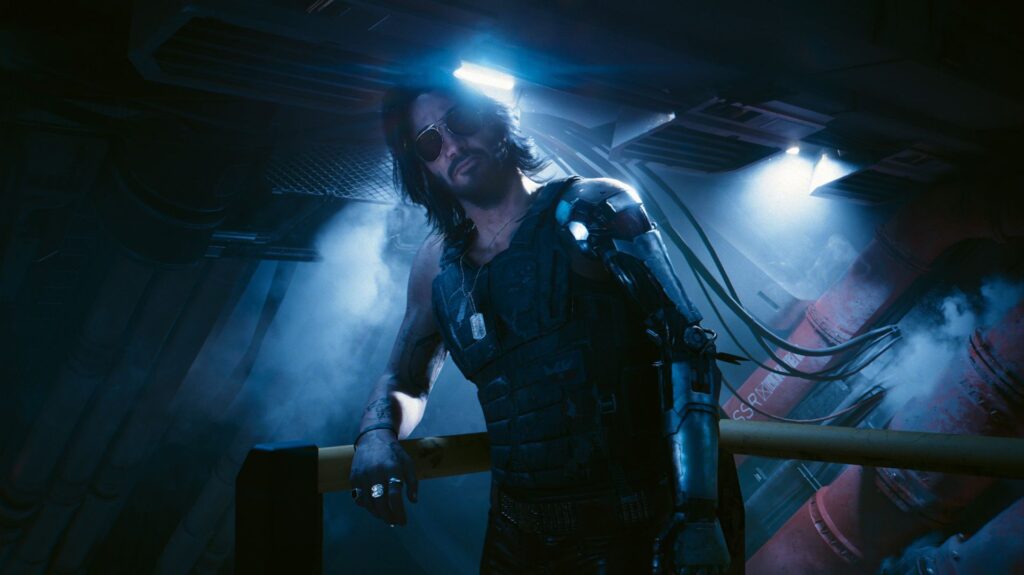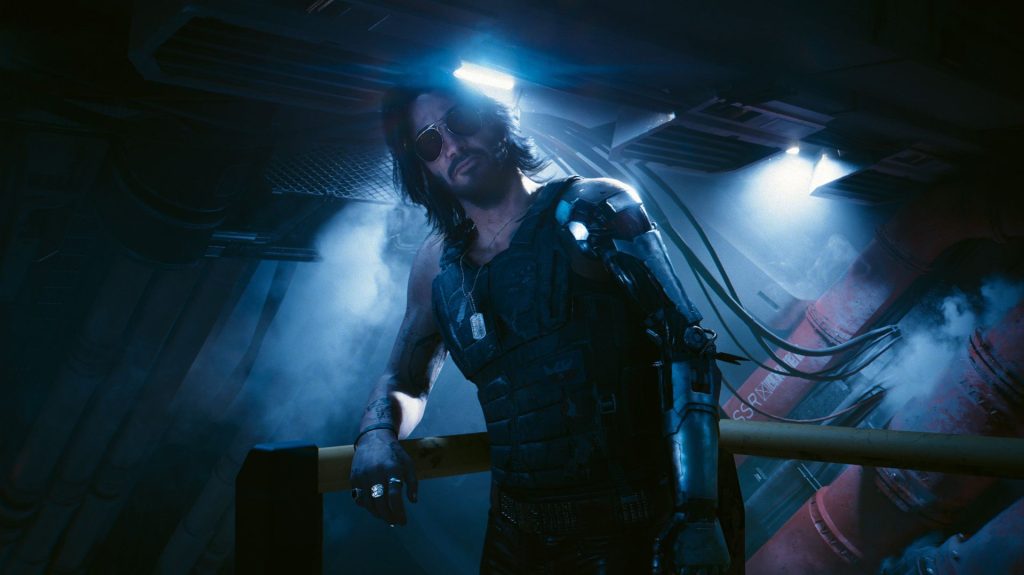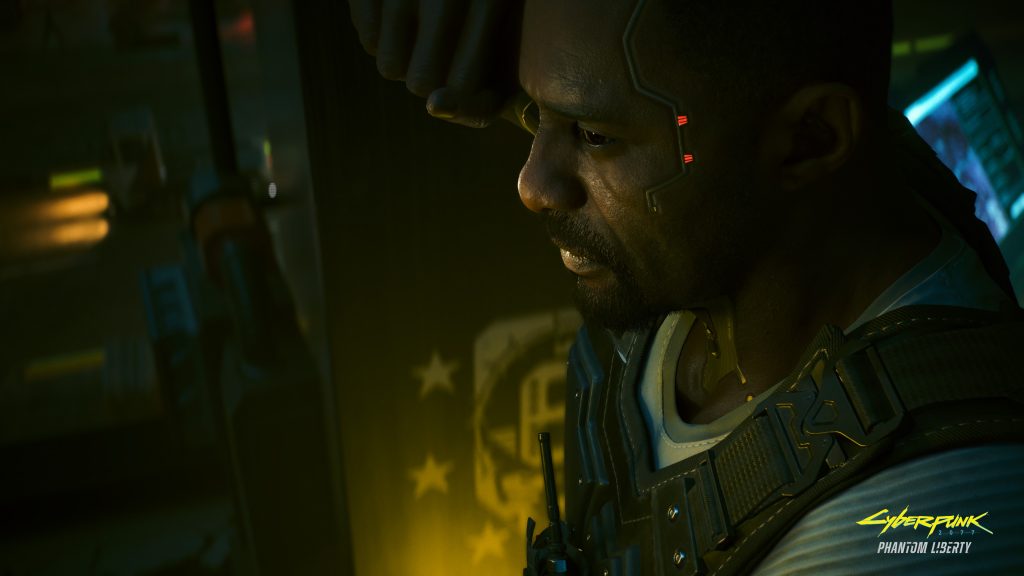
They say you learn a great deal from your mistakes, which means CD Projekt RED must have a treasure trove of newly acquired knowledge from the launch of Cyberpunk 2077. Sure enough, the evidence of how the developer has supported and stuck by the game since its disastrous release seems to be evidence of that situation. What started out as a game that received widespread criticism – criticism that was very much warranted – has turned into a product that’s far, far better than it was when it first came out, or even more recently than that.
Clearly, CD Projekt RED has learned from the many mistakes it made by Cyberpunk 2077, because if it hadn’t, it wouldn’t have been able to turn things around for the game as remarkably as it has. But now that the developer is finally to close the book on the open world action RPG and move ahead and look to the future, it’s worth asking- what exactly are the biggest lessons that it will have taken from these last three years? Now that CDPR is ready to turn its full attention to whatever comes next, what should its biggest takeaways be from the Cyberpunk 2077 saga?
Well, there is at least one major change that the developer has already publicly talked about making to how it approaches game releases in the future. Back in March 2021, in the immediate aftermath of the Cyberpunk fiasco, CD Projekt’s Michał Nowakowski said that going forward, the company would start marketing games much closer to launch, and that in addition to shorter marketing cycles, it would also focus on properly managing expectations by showing actual game footage rather than concepts, and showing it across all target platforms.
Both of these were, of course, major issues in the lead-up to Cyberpunk 2077’s release. The game was officially announced several years ahead of its launch, and though marketing didn’t begin in earnest until much later, it did begin a little too early, with fans having to endure what felt like years of the developer hyping up the absolutely revelation that the game was supposedly going to be. In addition to that, we barely got to see any footage of the game running on PS4 or Xbox One, and when it actually launched, it became immediately apparent why CDPR had made that decision- because it was utterly broken, nearly unplayable on consoles.
So, then, the fact that the developer has specifically pinpointed both of those issues and explicitly confirmed that they will be addressed going forward is surely cause for optimism. After the disastrous launch of Cyberpunk, whatever game CDPR makes next – likely The Witcher 4 – is going to be scrutinized much more keenly by the masses in the lead-up to launch, and the studio is likely going to want to ensure that it holds up to that scrutiny, and that it can provide enough assurances to those who will be going in with skepticisms. Or that’s the hope, at any rate.
But on the actual gameplay side of things, what are the biggest lessons that Cyberpunk 2 in particular take from its predecessor? Because there is, of course, going to be a sequel. In October last year, CD Projekt RED confirmed plans for a Cyberpunk 2077 follow-up, codenamed Project Orion. Set to be developed by the newly established CD Projekt RED North America, Cyberpunk 2 will, of course, see the return of the core team that worked on the first game and its recently released expansion, Phantom Liberty (though a big part of the team will shift to The Witcher 4), while the expansion’s director, Gabe Amatangelo, will also serve the same role on the sequel.
And given that continuity behind the scenes, it seems fair to assume that Cyberpunk 2 will keep building on the significant improvements that CDPR has made to the first game and its excellent expansion. That includes a number of key areas of the experience, including the open world and how alive it now feels, the AI and how its improvements also uplift the combat and stealth, and the overhauled progression mechanics. These were all areas where Cyberpunk 2077 disappointed to varying degrees when it first came out, but now that it’s made massive strides with each of them, it’s hard to imagine the sequel walking back on all of these improvements.
Then there are the aspects of Cyberpunk 2077 that have remain unchanged since release. That the game tells a solid enough story with some excellent characters is clear for everyone to see, but there’s also little doubt that, narratively speaking, it doesn’t quite hit the same heights as The Witcher 3. The choices that you’re forced to make in the story, the way those choices impact things, how integrated the side quests are with the main narrative- The Witcher 3 is an industry benchmark for all of these things, and though Cyberpunk 2077 is certainly no slouch here, it isn’t really on the same level either.

Happily enough, however, if the incredible Phantom Liberty is anything to go by, there’s every chance that Cyberpunk 2 ends up making the necessary improvements where its storytelling and choice and consequence aspects are concerned. The expansion tells a gripping tale that starts out strong and only gets better as it goes, and asks you to make some truly tough choices, where you’re never quite sure that the one you’re making is the right one to make- those are CDPR hallmarks, and Phantom Liberty succeeds on this front much more thoroughly and convincingly than the base game ever could. If Cyberpunk 2 can continue building on that, there’s every reason to be optimistic.
It’s worth mentioning that, behind the scenes, the sequel’s development team will be contending with one significant change. The last three games that CD Projekt RED made – The Witcher 2, The Witcher 3, and Cyberpunk 2077 – were all built on the studio’s proprietary engine, called the RED Engine, whereas the next Cyberpunk game (as well as future Witcher titles and Project Hadar, CD Projekt RED’s new RPG IP, which currently seems to be in incubation) will be made on Unreal Engine 5.
Now, I’m not a developer, and by no means am I an expert (or anything close to an expert) on game engines and exactly what changes CDPR will have to make to its development pipeline as it’s shifting engines, and how much that may or may not disrupt work in the early stages. Thankfully, we do know that Unreal Engine is a very flexible toolset to work with, so hopefully, CDPR will have all the tools at its disposal to be able to properly translate all of its systems and technology across engines. If, on top of that, the developer can fully leverage the mouthwatering visual and technical enhancements that UE5 promises, that can only be good news for its future games.

Certainly, all the pieces seem to be in place for CD Projekt RED to be able to go from strength to strength from this point forward. Cyberpunk 2077 was clearly a massive learning experience for the studio, and the manner in which it has made meaningful improvements to the game suggests that it really has learned plenty. No one doubts that CDPR is a massively talented studio that can make some of the best experiences you’ll ever play- if it can pair that undeniable talent with the lessons it has undoubtedly learned over the last three years, it could be headed for a golden period in the coming years.
Note: The views expressed in this article are those of the author and do not necessarily represent the views of, and should not be attributed to, GamingBolt as an organization.